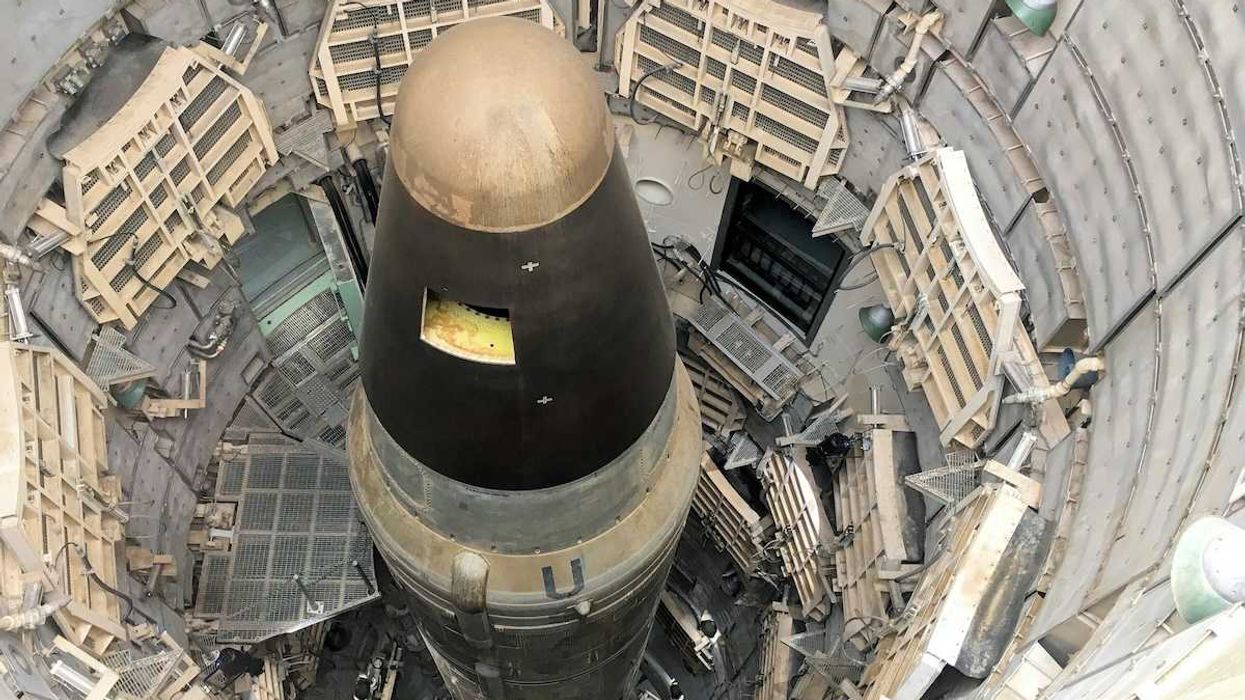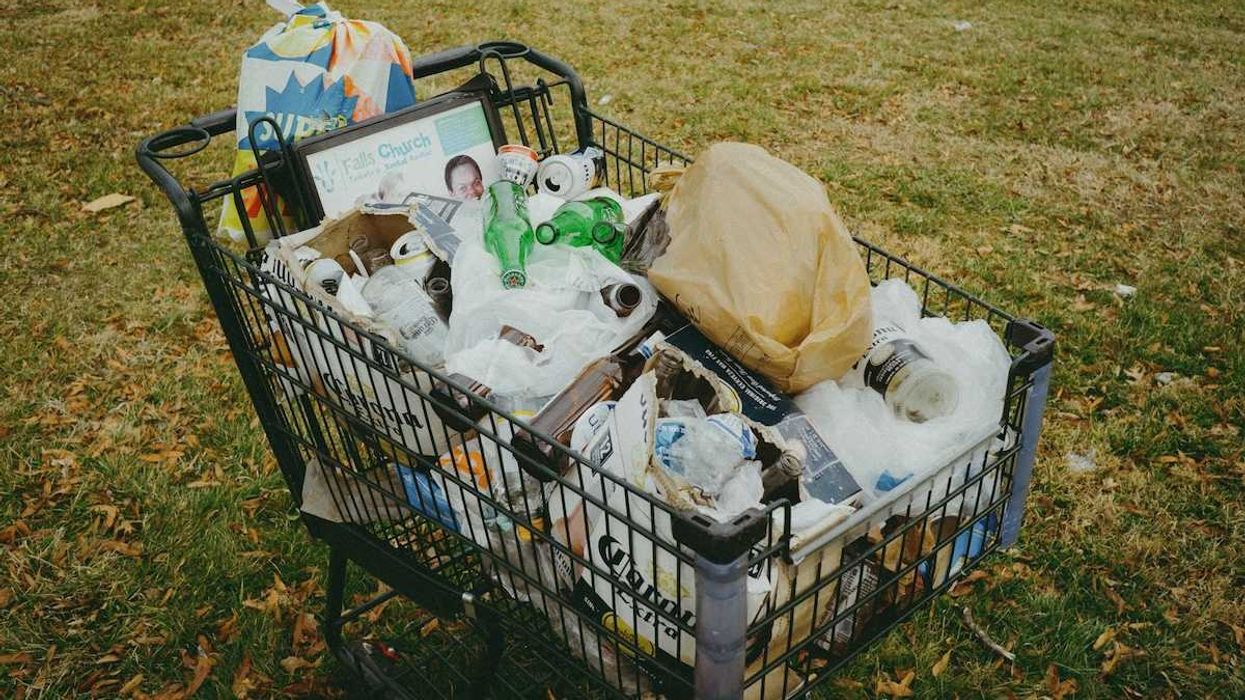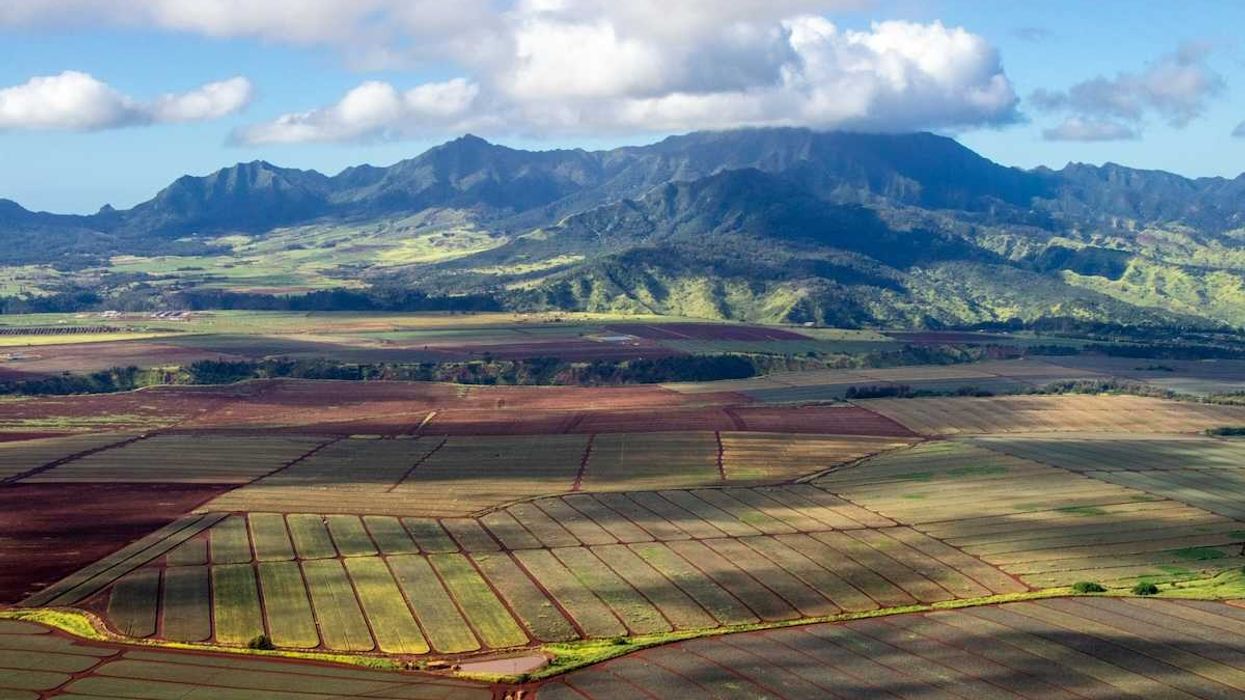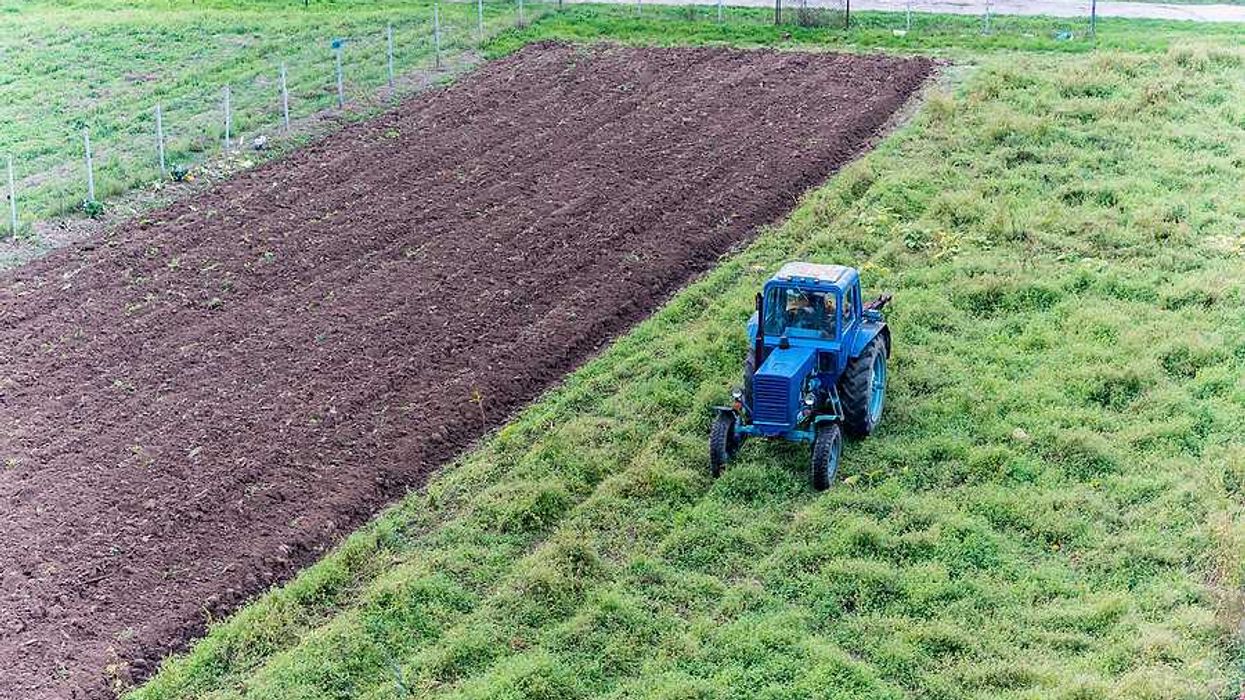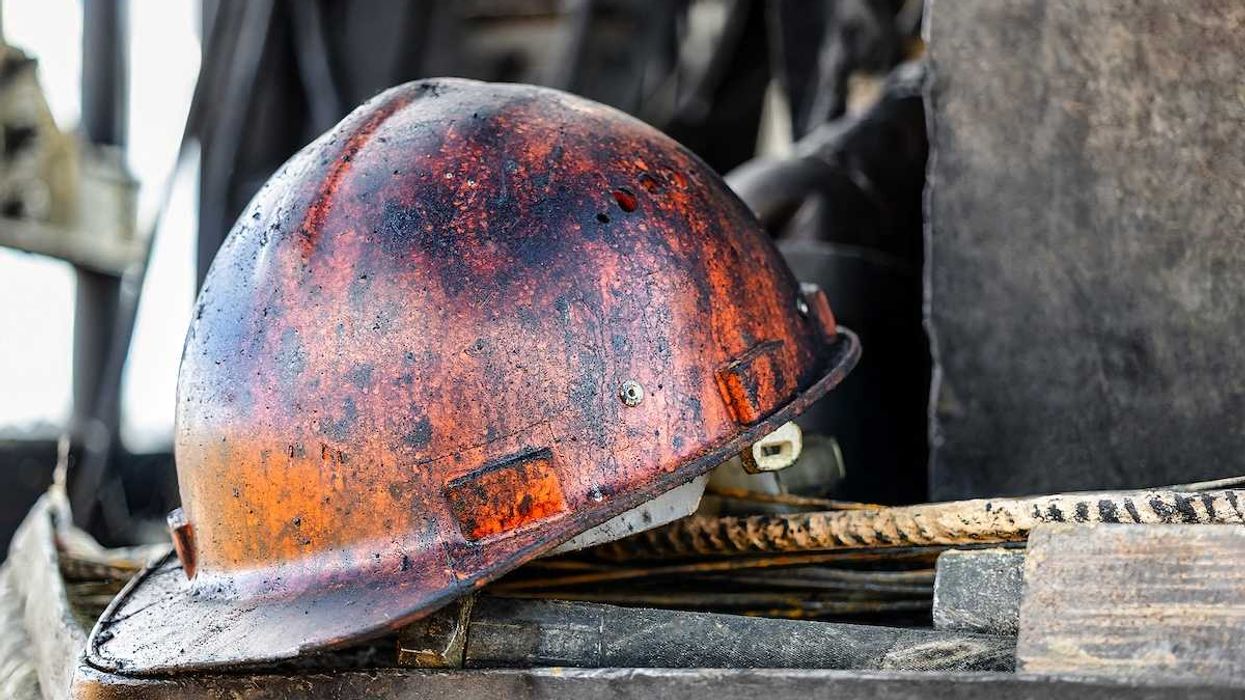A massive acid spill from a Chinese-owned copper mine in Zambia has polluted the Kafue River, killing wildlife, destroying crops, and cutting off drinking water for thousands.
Richard Kille and Jacob Zimba report for The Associated Press.
In short:
- A tailings dam collapse on Feb. 18 released 50 million liters of acidic waste into a tributary of the Kafue River, Zambia’s main waterway.
- The spill caused mass fish deaths, contaminated farmland, and forced authorities to shut down water supplies to Kitwe, a city of 700,000 people.
- The Zambian government is trying to neutralize the acid with lime while holding the mine operator, Sino-Metals Leach Zambia, accountable for cleanup costs.
Key quote:
“Now everything is dead, it’s like a totally dead river. Unbelievable. Overnight, this river died.”
— Sean Cornelius, resident near the Kafue River
Why this matters:
The Kafue River, one of Zambia’s most vital waterways, is once again at the center of environmental and economic tensions. A recent acid spill has raised alarms over the safety of Chinese-operated mines, which play a crucial role in Zambia’s economy but have long faced scrutiny over regulatory compliance.
For the millions who rely on the river for drinking water, agriculture, and fishing, the spill underscores the fragile balance between industrial growth and environmental stewardship. The potential for groundwater contamination makes this latest spill especially troubling. Rural communities, already vulnerable to climate-related water shortages, could face long-term consequences if the pollution seeps into wells and aquifers. With environmental groups calling for greater transparency and stronger safeguards, the crisis highlights a growing dilemma: how to balance the economic benefits of mining with the fundamental need for clean water.
Related: Severe drought in Zambia risks widespread hunger and economic collapse



